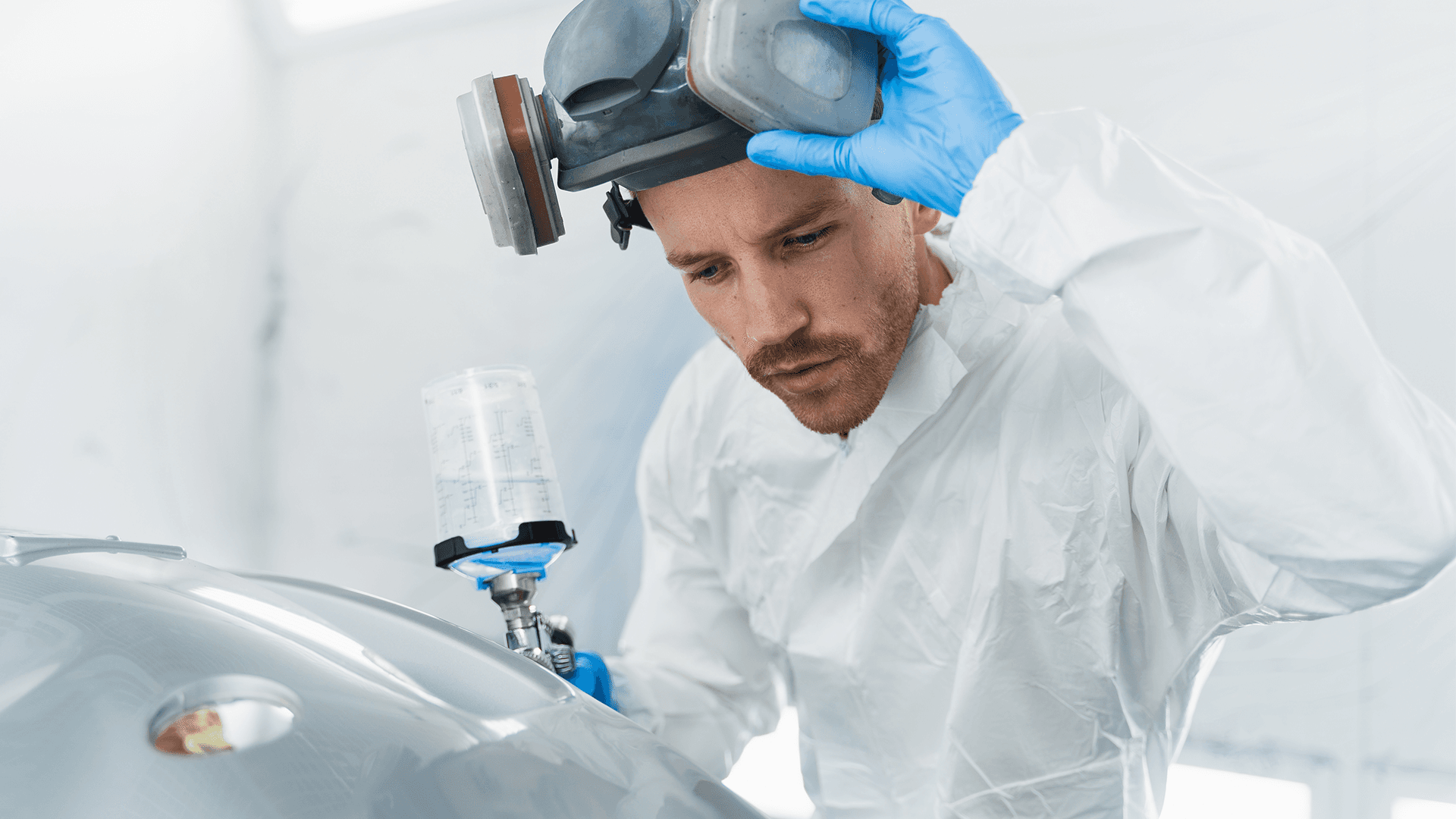Quality
Our team of consultants understand the process within medical device manufacturers, whether the product is hardware, software or diagnostics.
From building quality processes in production locations, establishing new CAPA and auditing systems to Vigilance activities, we spend our working days understanding the role of Quality professionals from start-ups with 10 people to the global players with 15,000+ employees.
Quality Management/Quality Assurance
No two roles in quality management are the same, and we know that each company has it's own challenges, projects and development plans that the QM function will bring to life.
Our network is built strongly on the foundation of knowing ISO 13485 and the documentation required for compliance, and from there understanding your focus in the device lifecycle.
Whether you are working broadly across the QM/RA topics or responsible for medical safety and CAPA - we have seen it all and want to hear about your challenges and aspirations.
CAPA and Validation
From building new CAPA systems to be compliant with the MDR or establishing a risk management reporting structure compliant to ISO 14971, we know the challenges and project focusses going through the medical device industry at any one time
Looking at manufacturing process validation and CSV, our network has technical expertise to comply with the quality standards requirements.
PMS and Vigilance
Medical device safety is always at the top of everyone's mind in this industry. Our consultants are constantly updating their knowledge with regards to post-market surveillance requirements, PMS and PSUR reporting.
We have supported candidates to be successful in roles where safety forms part of a broader role, or for larger medical companies who need a dedicated safety professional responsible for a proactive and comprehensive vigilance system.
Auditing and Supplier Quality Assurance
Whether you are looking after the devices during production in QA, responsible for MDSAP implementation or visiting suppliers to ensure they are adhering your company quality assurance agreements, our consultants have covered roles all fields.
We understand the importance of strong negotiation, communication and stakeholder management skills to drive the relationship forward a smooth, compliant route to market.
Watch our video to learn about our recruitment expertise in Quality
Active jobs
Risk Manager
- 1
- 2
